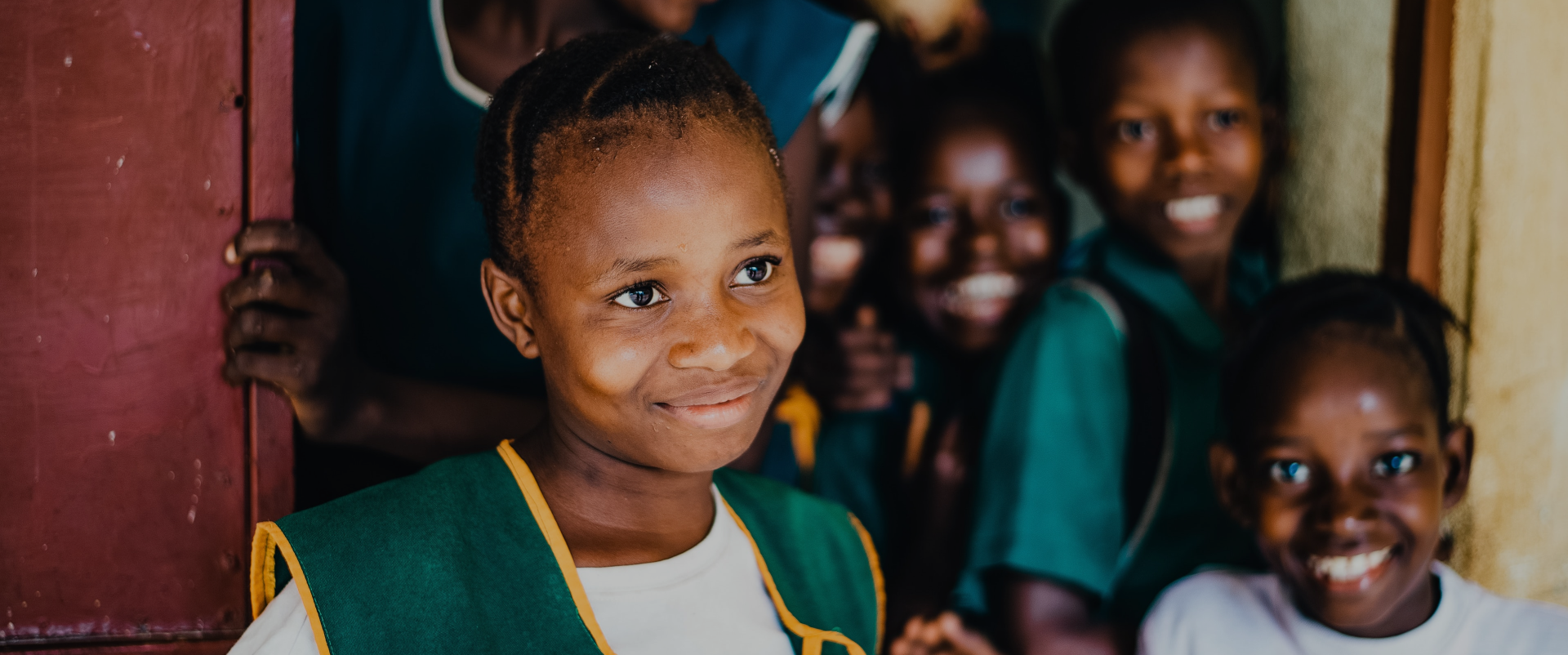
You Need Your Child’s Say-So to Post Their Picture Online – Advocate
The Executive Director of Child Online Africa, Awo Aidam Amenyah has called on parents and guardians to seek the consent of their children first before posting their images on social media.
At a day’s training for selected journalists on online safety for children organised by Child Online Africa and AF Academy held in Accra on Wednesday, 21 August 2019, Amenyah said it was wrong for parents to post their children’s pictures on social media arbitrarily.
Child Online Africa is an organisation working to ensure that young people in Ghana are able to use technology and the internet safely and responsibly.
Online safety for children translates into the capacity of the child to use social media services and electronic services in a safe and protection-guaranteed manner from image-based abused contents.
Child Online and AF Academy believe protection online for vulnerable groups like children, is critical in an era where digitalisation has become a powerful aspect of human activities globally.
There has been an upsurge in online child abuse and kidnapping, recently and perpetrators of the crime usually have access to their victims through information shared about them on social media, either by themselves or people directly linked to them.
Speaking at the training session, Mrs Amenyah emphasised: “Before you post photos and images of a child on Facebook or Twitter or any social media platform, you must first seek their consent, if not, you have to protect the child by not showing their face.”
She reminded parents of the need for children to be protected according to the UN Convention on the Rights of the Child and pointed out the dangers associated with posting images and information about children on social media.
She said such practice exposes the children to potential abusers and kidnappers and, so, called on the media to abstain from publishing photos of minors unless in very special important circumstances.
Also, Amenyah said parents must ensure that their children have sufficient knowledge about them (parents) in case they get in situations where such information could be helpful to their safety and wellbeing.
“At the age of five, a child should be able to tell the mother’s name and their phone number”, she advised.
The training was geared toward equipping the participants with up-to-date advocacy skills for vulnerable people online, enlightening journalists on the rights of the child online and to highlight the need for child protection online.
Topics discussed include ‘Rights of the child online, vulnerabilities of children online, online safety and responsible media advertising and journalists’ role in public policy.’
The media was also reminded of their moral responsibility as far as protecting children online is concerned and urged to integrate online safety mechanisms in their social media strategy and work with other partners to guarantee the safety of children and young people.
The Executive Director recently trekked Mountain Kilimanjaro in Tanzania in order to promote the safety of the child online.
Source: Ghana/ClassFMonline.com/91.3FM

